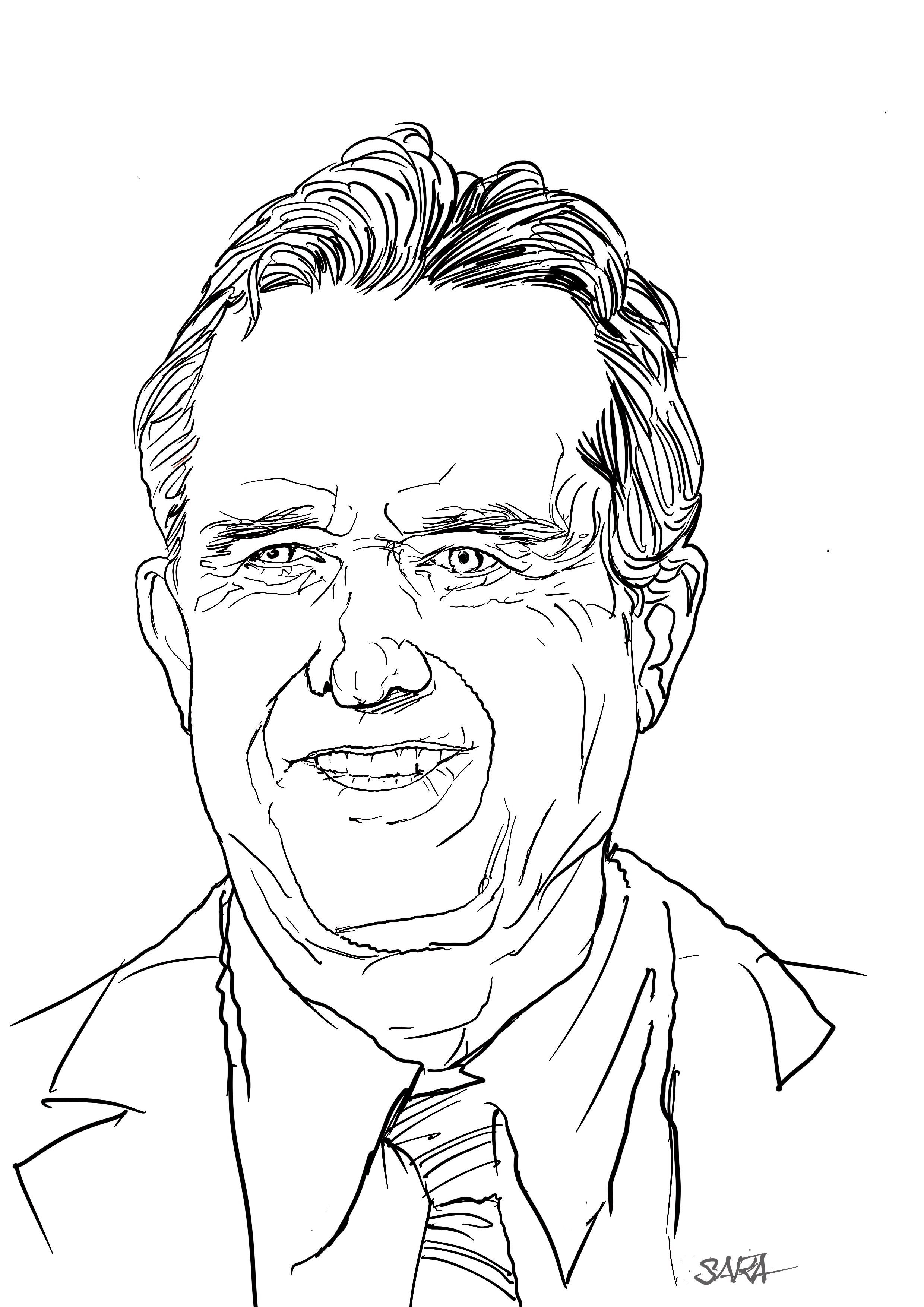
Robert F Kennedy Jr
The US should change its approach when dealing with China and focus on rebuilding America's industrial base, competing economically, and reducing its military pressure on the world’s second-largest economy, shares Robert F Kennedy Jr – a contender for the US Democratic Party’s 2024 presidential nomination – during his recent wide-ranging conversation with Twitter owner Elon Musk on his Twitter Spaces townhall.
“Let's recognize the reality that China is a very ambitious nation, and that it does want to compete for influence in the world,” says Kennedy, who is the nephew of the assassinated US President John F Kennedy. “But the reality is, it does not want to compete with us militarily. It does not want to have a war with the United States.”
China is still a very poor country when compared with the US, Kennedy points out, citing the fact that China’s per capita income is about one-third that of the US. “They want to have better lives for their citizens, and they want to compete with us in places all around the world.
“We ought to be competing with them on an economic platform, not a military one. I'm not scared of the Chinese. I'm not frightened that American ingenuity is going to fall behind that of the Chinese.”
That kind of competition, he is convinced, is one that will be good for the whole world and will be “a kind of collaborative competition”.
What the US should be doing, Kennedy reckons, is recognizing that China does not want war and de-escalating the military pressure on China. And he underscores this by citing the magnitude of the US military budget, which, at US$1.3 trillion, is more than that of the next 10 countries with the biggest military budgets.
“We have three times the military budget of the Chinese,” he points out. “We have five times [more] nuclear weapons than the Chinese. The Chinese cannot and do not want to compete with us militarily. The Chinese have about one and a half military bases around the world. We have 800.”
And he laments: “We were told after the Cold War ended that we were going to get a peace dividend and cut our military budget back to US$200 billion a year. [But] we never got that peace dividend.”
Kennedy’s focus is on rebuilding the industrial base in the United States. “We don’t want the Chinese to take that from us, and any negotiations with the Chinese should not be about military swaggering. It should be about how do we have an economic relationship with you that is going to benefit all parties the way that every good economic relationship does.”
He, therefore, argues that this rebuilding objective should be foremost in US minds in any future transactions with China.
“The Chinese have been doing a lot better than us because they've been projecting economic power abroad,” he contends. “The world likes that. We think the world is on our side. But it isn’t. All we've got – the only people who are supporting this pugnacious, bellicose relationship with China are Australia, New Zealand, Korea, Japan, Britain, Canada and the United States.
“We're pretty much alone in the world. The rest of the world is looking at us and saying: ‘What the heck are you doing? Why are you trying to create a war with China? Why are you fighting them and making Taiwan a military issue?’” Taiwan and China, he thinks, should be left to work out issues on their own.
When engaging with China, Kennedy considers it paramount for the US to figure out a way to have a smart negotiation, along the lines of “where can we do better because of China, rather than giving away the store and exporting jobs, which all the other treaties have done. Instead, let's figure out how to have an economic relationship, a financial relationship with them that rebuilds the American industrial base.”









